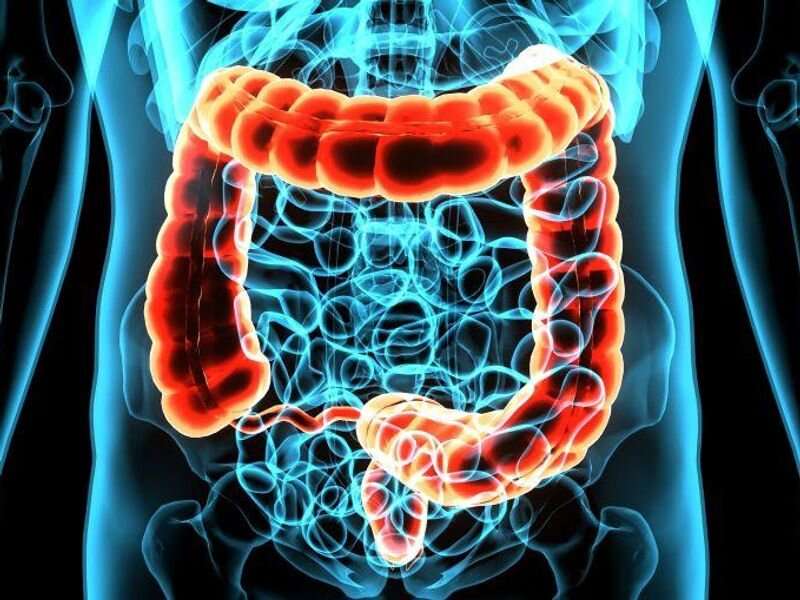Lifestyle habit changes are associated with colorectal cancer (CRC) risk, according to a study published online Dec. 2 in The American Journal of Gastroenterology.
Edoardo Botteri, Ph.D., from the Cancer Registry of Norway in Oslo, and colleagues examined changes in lifestyle habits and their associations with CRC development using baseline and follow-up questionnaire data from the European Prospective Investigation into Cancer cohort. A healthy lifestyle index (HLI) score was developed based on smoking status, alcohol consumption, body mass index, and physical activity (range, 0 [most unfavorable] to 16 [most favorable]).
The researchers observed 2,799 CRC cases among 295,865 participants during a median of 7.8 years. Each unit increase in HLI from baseline to follow-up was associated with a significant 3 percent reduction in CRC risk. For patients in the top tertile at baseline, the risk for CRC was higher for those in the bottom tertile at follow-up versus those remaining in the top tertile (hazard ratio, 1.34; 95 percent confidence interval, 1.02 to 1.75). For those in the bottom tertile at baseline, risk was lower for those in the top tertile at follow-up compared with those remaining in the bottom tertile (hazard ratio, 0.77; 95 percent confidence interval, 0.59 to 1.00).
"Changes in lifestyle habits in adult life are associated with the risk of CRC," the authors write. "Favorable changes were associated with a reduced risk of CRC, whereas unfavorable changes were associated with an increased risk of CRC."
More information: Abstract/Full Text (subscription or payment may be required)
Journal information: American Journal of Gastroenterology
Copyright © 2022 HealthDay. All rights reserved.
























